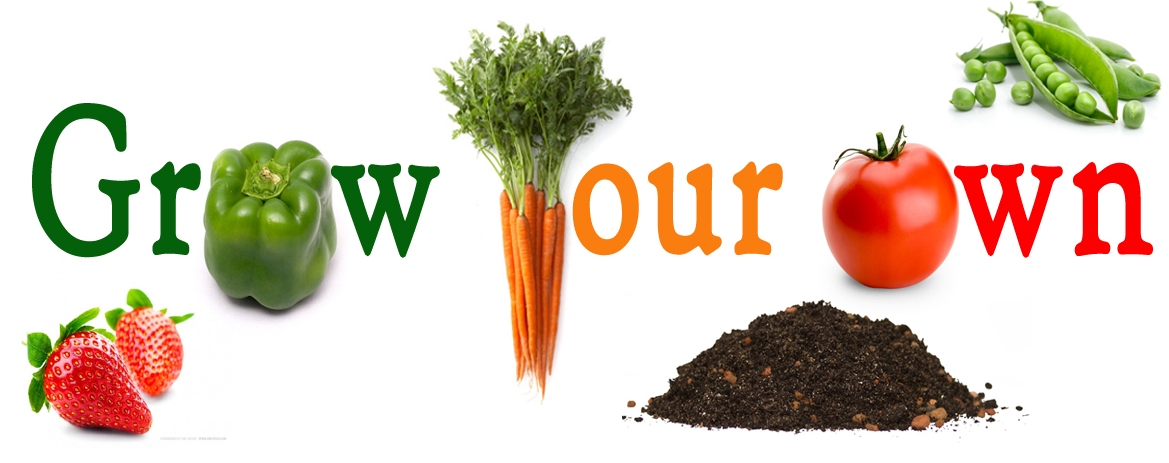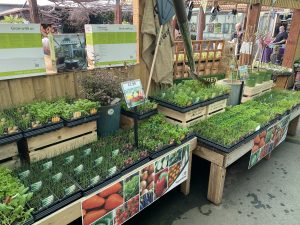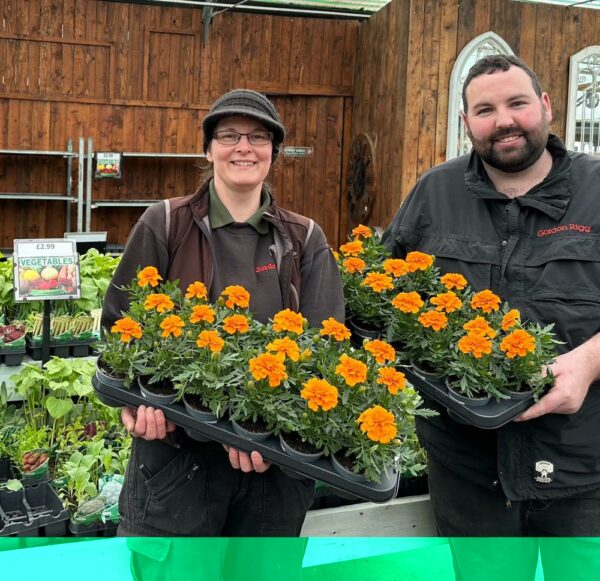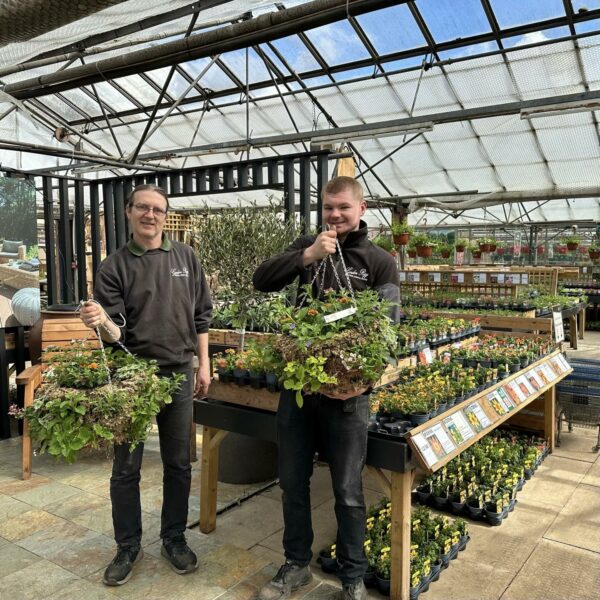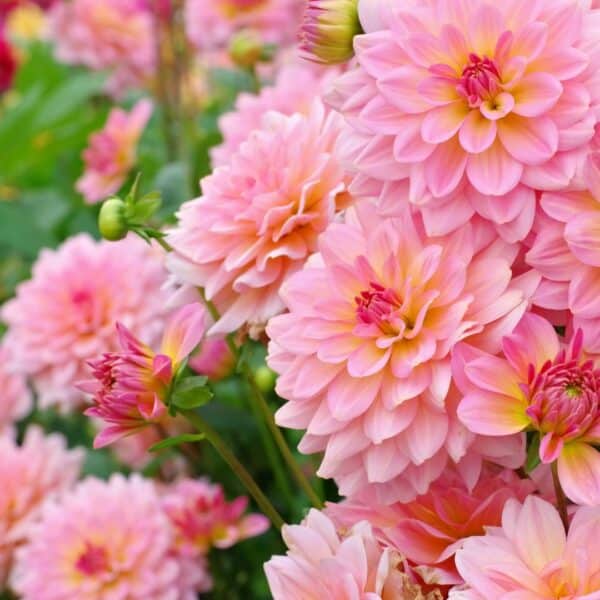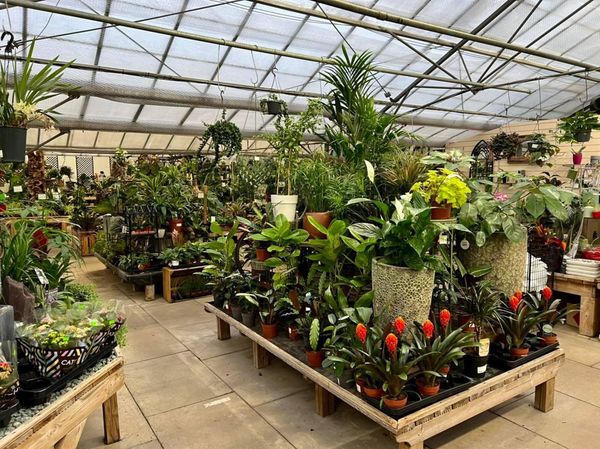Growing Vegetables
We have just had a new delivery of Veg Plants 
31.03.21
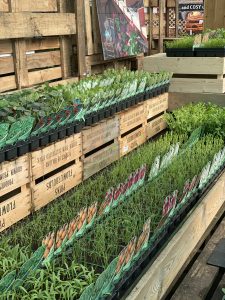
In shadier spots you can still grow vegetables but are more suited for leafier crops and herbs.
The best soil suitable for vegetables includes lots of compost and organic matter such as composted leaves and ground or shredded, aged bark. Whatever you’re starting with, incorporate enough organic material so that the amended soil is neither sandy nor compacted.
A smaller vegetable patch is ideal for a starter vegetable garden, A size roughly 4 x 8 foot will give you enough space to grow a variety of crops. If you haven’t got a lot of space try planting container friendly plants and herbs in pots or window-boxes.
It’s tempting to try and grow everything but don’t forget to think about the space you have. Trying to squeeze too much into your vegetable patch is asking for trouble and
This might be hard to believe, but a lot of bugs can be your friends. Such things as bees, ladybugs, butterflies, and more! To attract these good guys to your garden – and boost crop pollination – include clumps of insect-friendly plants like, cosmos, and sunflowers between the vegetables and herbs.
Make sure you water your newly planted vegetables beds frequently, to conserve water and reduce the need to irrigate, mulch your soil with several inches of straw or shredded leaves.
Quick growing crops like lettuce and radishes won’t need supplemental fertilizers if grown in in fertile soil. Long-term veggies like tomatoes etc will appreciate a boost several times over the growing season.
Our fertiliser and feed can be found here Fertilisers & Feed (gordonrigg.com)
Also on the Gordon Rigg Social Club...
Read More Growing Veg
A great tip for anyone planting their own veg or herbs this year… TAGETES!!!! Tagetes are perfect as a companion plant (A sacrifice to the…
Read MoreRead More Hanging Baskets
The weather looks to be finally easing up so you can get your hanging baskets out!!! After tomorrow it looks like the frost might be…
Read MoreRead More Summer Flowering Bulbs Now In Stock
Plant your summer flowering bulbs, corms and tubers just as the weather starts to warm up in spring. To get the most out of your summer flowering…
Read MoreRead More Air Purifying Houseplants
Plants can make great air purifiers, Adding potted plants to a room has been shown to reduce the amount of air particulates making it a much…
Read More
